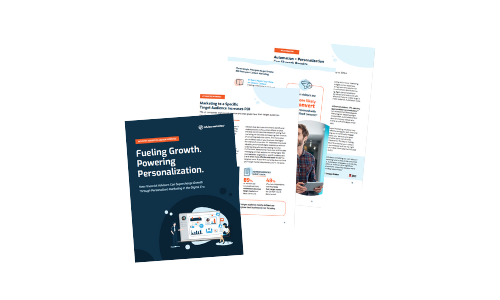Introduction
Let's be honest, everyone hates paid ads. Businesses hate to pay for them, and people hate to see them. Although it is significantly more difficult to attempt to grow organic reach and get better SEO naturally, it is ultimately the best strategy if you are looking at a long term plan. The work you put in today will ultimately pay off tomorrow. With that being said, let's go over a few tips and tricks for boosting organic search and optimizing your search engine results.

Organic vs Paid Reach
If you're not sure what the difference is between organic and paid reach, let's take a moment to go over it. It is pretty self explanatory: organic reach means people find your website naturally, and paid reach means you pay for online advertisements to boost traffic. Paid reach is similar to paying for Facebook ads, but there are a few differences. Some of these differences, such as Google Penalty's, will be listed below. Is either one better or worse? It does depend on whether you want to see quick results or lasting results. At the moment, it is generally agreed upon that organic reach will be more work and take longer but end up benefitting in the long run, whereas paid reach will get immediate results that dry up as soon as ads are finished being paid for.

Quality Content
Believe it or not, Google is actually as intelligent as a human when it comes to assessing quality. If Google reads a blog post which it considers low quality, plagiarized or unoriginal, it will lower it's reach and ranking. Although the latest marketing trends suggest that content, as much of it as possible- is the way to go, this doesn't apply if all the content is botched. Even though a blog can at times seem detached from your business, it is indeed an extension of it, and you should take care to curate it as carefully as you do your reputation.

Pick Rarer Keywords
Being the top search result when someone googles "financial advisor" is nothing short of a miracle. Well, perhaps not a miracle, but certainly very difficult. Go ahead and type in financial advisor into your google search bar, and see what shows up. You'll most likely get popular blogs, banks, or career search engines such as Indeed. If you really want people to find you easily and naturally, it won't be by trying to fight your way up to the most popular websites on the internet. Go for something specific, maybe even playing around with rare keywords.
-2.png?width=600&name=Blog%20Post%20Quotes%20(2)-2.png)
Consistency is Key
Erratic or very occasional posting and updating of your site may make search engines and humans alike feel as if your site is out of service, or just badly maintained. Not to fall into old cliches, but consistency is key. We've said this many times before, and we will continue to say it: a website is an extension of your business, and essentially carries your online reputation. Keep it polished, relevant, and up to date with new trends or findings to keep people interested and gain improved exposure.

Avoid Google Penalty's
Believe it or not, Google does dole out its own form of online justice. As a general rule, it is easy to avoid these pitfalls when you're focusing on organic reach rather than tactics involving paid ads or similar phenomena. Things included in Google's penalties are: spam links posted to people's comment sections (usually on their blog), paid links within a blog leading to fake or fraudulent sites (to make it look like the blog has lots of link backs), and more. As a general rule of thumb: if it feels weird or sketchy, you should probably steer clear. Good thing our blog covers many different SEO techniques which are legal and easy to implement!
Conclusion
So there you have it: a few awesome tips and tricks to help you boost organic reach and search results. We have many resources on SEO throughout our site, so pair these resources with this article, and you've got an actionable guide to gaining more online exposure and eventually, clients. There is no time like the present to get started, so go ahead and put these tips into practice!







